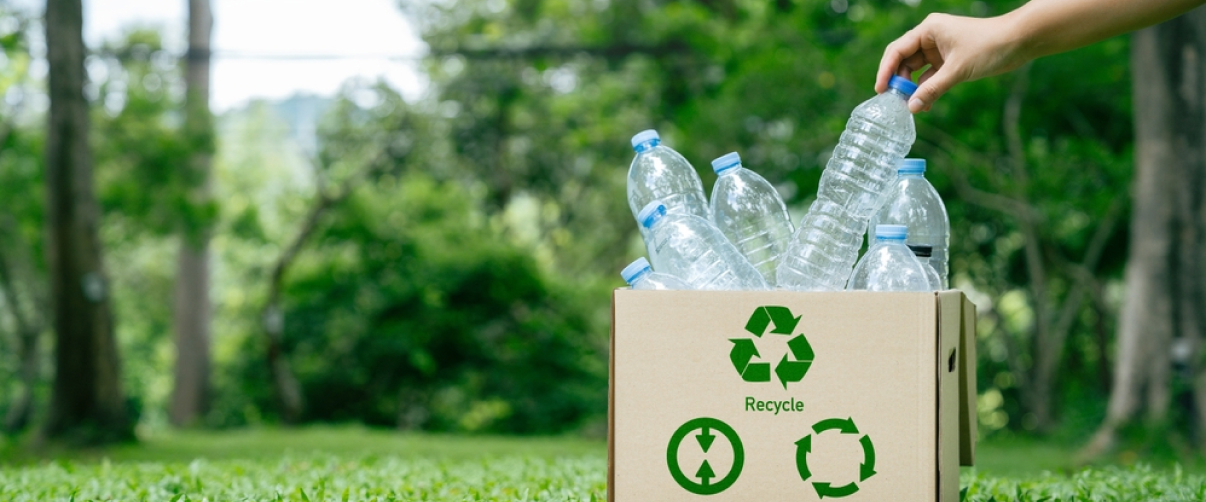In today’s world, mounting plastic waste has become a pressing global issue, threatening ecosystems, polluting oceans, and impacting public health. However, a new wave of innovative startups is turning this problem into an opportunity by transforming plastic trash into valuable products, paving the way toward a sustainable future.
From Waste to Wealth: Innovative Startups Transforming Plastic Trash into Useful Products

The Global Plastic Waste Crisis
Every year, over 2 billion tons of municipal solid waste are generated worldwide, emphasizing the urgent need for innovative solutions to manage this colossal amount of trash. Ineffective waste management practices, especially in low and middle-income countries, pose severe threats to the environment and public health due to pollution, contaminated water sources, and greenhouse gas emissions. These challenges highlight the necessity for strategies that can transform waste into economic opportunities through sustainable practices.
Pioneering Startups Leading the Change
Recognizing the potential in plastic waste, several startups have emerged with groundbreaking ideas to recycle, upcycle, and repurpose discarded plastics into new, useful products.
Loliware
uses seaweed-based materials to create compostable, edible straws, addressing plastic straw pollution. By offering an alternative to single-use plastics, they are promoting circular economies and reducing plastic waste.
Bureo
Based in Chile, Bureo collects discarded fishing nets from the ocean and recycles them to create skateboards, sunglasses, and other products. Their efforts have collected over 185,000kg of materials, showcasing the potential of transforming ocean plastic into consumer goods.
GumShoe
In Amsterdam, GumShoe is converting discarded chewing gum into shoe material, simultaneously reducing street litter and promoting sustainable fashion.
The Rise of the Circular Economy
The shift from a linear “take-make-dispose” model to a circular economy is essential for sustainable development. This model aims to minimize waste and maximize resource efficiency through a closed-loop system, focusing on reuse, recycling, and designing for durability. According to the Ellen MacArthur Foundation, a circular economy could produce significant economic benefits and job opportunities by 2030.
Startups like BlueOak Resources are embracing this model by focusing on e-waste recycling, extracting valuable metals from discarded electronics, and providing a sustainable source of materials for technology production. By extracting resources from electronic waste, they are reducing the demand for virgin materials and lessening environmental impact.
Innovations in Recycling Technologies
Advanced recycling technologies enable the conversion of plastic waste into valuable resources.
BioCollection
develops processes to recycle hard-to-degrade plastics, partnering with organizations to implement innovations globally. Their technology breaks down plastics at a molecular level, allowing for the creation of new products from previously unrecyclable materials.
Loop Industries
has created advanced technologies that break down PET plastics into basic building blocks, allowing for infinite plastic recycling. This process helps reduce the need for new petroleum-based plastics and supports a circular economy.
Community Engagement and Education
Transforming waste into wealth isn’t just about technology; it’s also about changing mindsets. Community engagement and education are crucial for long-term behavioral change. Educational campaigns and programs, such as Zoom Kids Club in Ghana, educate children on waste management, fostering a culture of sustainability from a young age. By involving communities and promoting educational initiatives, these startups aim to create lasting environmental stewardship.
Waste-to-Energy Initiatives
Converting plastic waste into energy is another avenue that startups are exploring.
HomeBiogas
converts organic waste into renewable energy, reducing waste and providing an alternative energy source for households. By transforming household waste into biogas, they help reduce landfill use and methane emissions, contributing to environmental conservation.
Challenges and Opportunities
While the potential is vast, startups face challenges such as high initial costs and the need for supportive policies. However, governments can play a vital role by offering tax incentives for green businesses, investing in waste infrastructure, and enforcing stricter regulations on single-use plastics. Supportive policies could include tax incentives, stricter regulations, and investments in waste infrastructure, fostering an environment where sustainable innovations can flourish.
How Consumers Can Contribute
Consumers play a crucial role in supporting these innovations. By choosing products made from recycled materials, reducing plastic use, and participating in recycling programs, individuals can drive demand for sustainable products.
WeWOOD
For every watch sold, WeWOOD plants a tree and has planted over 600,000 trees since 2011. This model encourages consumers to contribute to reforestation efforts simply by purchasing a product, blending style with sustainability.
Conclusion
Turning plastic waste into wealth is not just an environmental necessity but also an economic opportunity. Startups around the world are harnessing innovation to create products and energy from what was once considered trash. By supporting these initiatives, we can all play a part in shaping a sustainable future where waste is seen as a resource, not a problem.
As consumers, investors, and policymakers, our choices can drive the demand for sustainable products and encourage the growth of these innovative startups. Together, we can contribute to a cleaner, greener planet by transforming trash into treasure.











